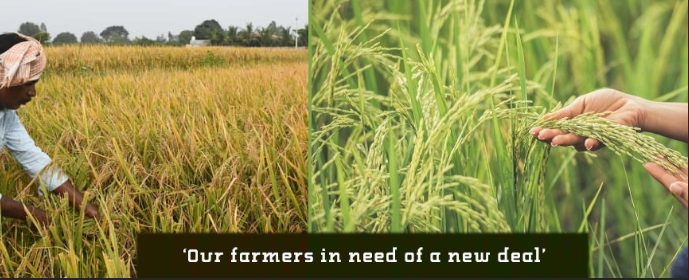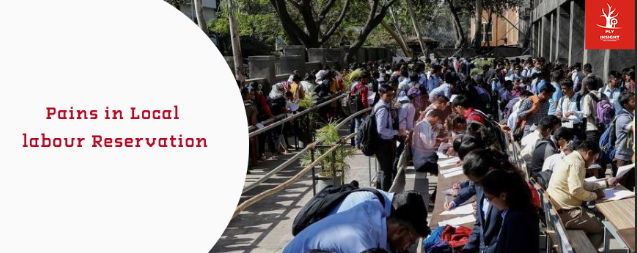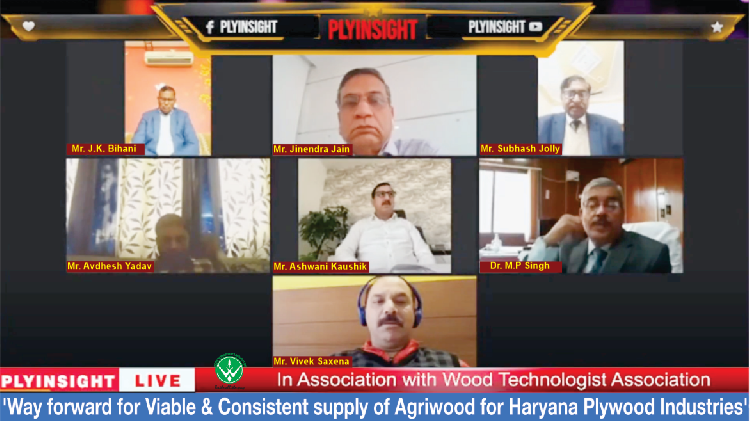
‘Our farmers in need of a new deal’
- March 11, 2022
- 0
Much of the agricultural policies in the past have focused on production. The three now repealed Acts were reforms on the marketing side. The narrative was created that the laws were not in the interests of the farmers. Because of this they were with-drawn. Now that the laws have been repealed, any major marketing reforms are out of the question. It is unthinkable that any government will touch them in the years to come. If the demand for legislation on minimum support price (MSP) is accepted, it will be all the more regressive.
It is unfortunate that instead of investing in research and development in agriculture and extension activities, which is the right way to go, our political system and democracy move by throwing more and more doles or subsidies.
It was in 2013 that the UPA government, in its last-ditch battle to appease consumers, enacted the National Food Security Act (NFSA) by giving them rice and wheat at R3 and R2 per kg, respectively, while the same rice costs the government now something around R40 a kg. there is massive leakage as the system is geared towards that.
When the multidimensional poverty index shows that less than 30 per cent of the country’s population is poor, giving cheap food to almost 67 per cent of the people defies logic.
So either you reduce the coverage under the NFSA or raise the issue price (the rate at which grains are sold at ration shops) and link it to the economic cost of wheat and rice—so that at least half the cost is recovered.
On top of that you have the fertilizer subsidies, the prices of which have gone up in international markets. It is a political hot potato because of the mood of the farming lobby in the government. Under both these heads, we feel there will be immense pressure on the government in the Budget. They may not do much for fertilizer subsidies, but in food subsidies there is scope for curtailing them.
It is not that the farmers don’t need a new deal. But the instruments being adopted for them are old. The way to go is income support and direct benefit transfer and not market-distorting subsidies.
It is not turnaround, but we feel this is where the government loses credibility. Problem is that the people who are running the show don’t understand how market economies function. At the drop of a hat, all sorts of controls are imposed. If with a temporary rise in prices you take steps like banning futures and imposing stock limits, it shows hollowness in policy making.
Our elections are nothing but an exercise in populism. The fact of the matter is that it is our taxpayers’ money that is being thrown away as doles. All these should be banned; nobody should be allowed to give any freebies ahead of polls. They are a bribe.
‘हमारे किसानों को एक नए सौदे की जरूरत’
अतीत में अधिकांश कृषि नीतियों ने उत्पादन पर ध्यान केंद्रित किया है। अब निरस्त किए गए तीन अधिनियम विपणन (मार्केटिंग) पक्ष में सुधार थे। यह आख्यान बनाया गया कि कानून किसानों के हित में नहीं हैं। इस वजह से कानून वापस लेने पड़े। अब जबकि कानूनों को निरस्त कर दिया गया है, कोई भी बड़ा विपणन सुधार नजदीक नहीं आ सकता है। ऐसा नहीं लगता कि आने वाले वर्षों में कोई सरकार उन्हें छूएगी। यदि न्यूनतम समर्थन मूल्य (MSP) पर कानून की मांग को स्वीकार कर लिया जाता है, तो यह और अधिक प्रतिगामी होगा।
यह दुर्भाग्यपूर्ण है कि कृषि और विस्तार गतिविधियों में अनुसंधान और विकास में निवेश करने के बजाय, जो जाने का सही तरीका है, हमारी राजनीतिक व्यवस्था और लोकतंत्र अधिक से अधिक खैरात या सब्सिडी देकर आगे बढ़ते हैं।
यह 2013 में था कि यूपीए सरकार ने उपभोक्ताओं को खुश करने के लिए अपनी आखिरी लड़ाई में, चावल और गेहूं क्रमशः 3 रुपये और 2 रुपये प्रति किलो देकर राष्ट्रीय खाद्य सुरक्षा अधिनियम (एनएफएसए) अधिनियमित किया था, जबकि वही चावल की कीमत अब सरकार को लगभग 40 रुपये प्रति किलो पड़ती है। बड़े पैमाने पर रिसाव होता है क्योंकि सिस्टम वैसा बनाया गया है।
जब बहुआयामी गरीबी सूचकांक से पता चलता है कि देश की 30 प्रतिशत से भी कम आबादी गरीब है, तो लगभग 67 प्रतिशत लोगों को सस्ता भोजन देना तर्क में गले नहीं उतरता।
इसलिए या तो आप एनएफएसए के तहत कवरेज कम करें या निर्गम मूल्य (जिस दर पर राशन की दुकानों पर अनाज बेचा जाता है) बढ़ाएं और इसे गेहूं और चावल की आर्थिक लागत से जोड़ दें- ताकि कम से कम आधी लागत वसूल हो सके।
उसके ऊपर आपको उर्वरक सब्सिडी मिलती है, जिसकी कीमतें अंतरराष्ट्रीय बाजारों में बढ़ गई हैं। सरकार में किसान लॉबी के मिजाज की वजह से यह राजनीतिक गर्मागर्म विषय है। इन दोनों मदों में ऐसा लगता है कि बजट में सरकार पर भारी दबाव होगा। वे उर्वरक सब्सिडी के लिए बहुत कुछ नहीं कर सकते हैं, लेकिन खाद्य सब्सिडी में उन्हें कम करने की गुंजाइश है।
हम यह नहीं कह रहे हैं कि किसानों को नए सुरक्षा उपायों की जरूरत नहीं है। लेकिन उनके लिए अपनाए जा रहे तरीके पुराने हैं। जाने का रास्ता आय समर्थन और प्रत्यक्ष लाभ हस्तांतरण है न कि बाजार-विकृत सब्सिडी।
इसे बदलाव नहीं कहा जाय, लेकिन लगता है कि यह वह जगह है जहां सरकार विश्वसनीयता खो देती है। समस्या यह है कि जो लोग शो चला रहे हैं वे यह नहीं समझते हैं कि बाजार अर्थव्यवस्थाएं कैसे काम करती हैं। एक छोटे से बदलाव पर, सभी प्रकार के नियंत्रण लगाए जाते हैं। यदि कीमतों में अस्थायी वृद्धि के कारण आप वायदा पर प्रतिबंध लगाने और स्टॉक सीमा लगाने जैसे कदम उठाते हैं, तो यह नीति निर्माण में खोखलापन दर्शाता है।
हमारे चुनाव लोकलुभावनवाद में एक अभ्यास के अलावा और कुछ नहीं हैं। सच तो यह है कि हमारे करदाताओं के पैसे को खेरात के रूप में फेंका जा रहा है। इन सब पर प्रतिबंध लगना चाहिएय किसी को भी चुनाव से पहले कोई मुफ्त उपहार देने की अनुमति नहीं दी जानी चाहिए। यह रिश्वत हैं।






























































